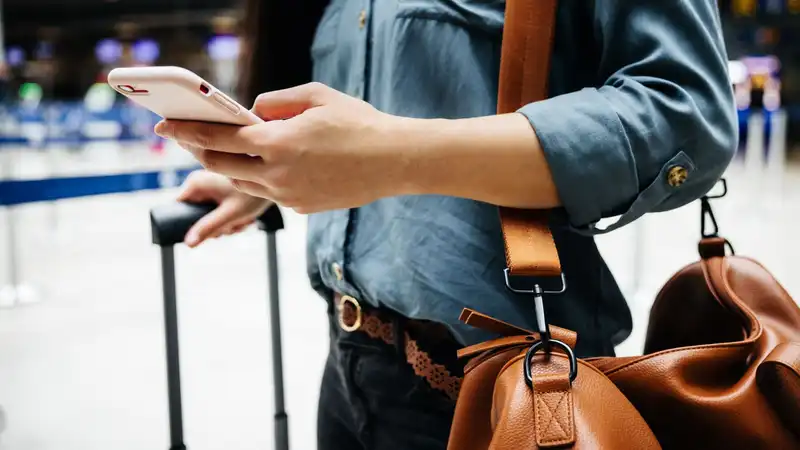A Western Australian man has been charged with nine counts of cybercrime for setting up fake Wi-Fi networks at airports and on board flights to steal data from unsuspecting travelers
The scheme was uncovered in April when an Australian domestic flight noticed a suspicious Wi-Fi network appearing during the flight
The Australian Federal Police (AFP) alleges that a 42-year-old man from Perth stole travelers' data by setting up an "evil twin" network (so called because it is almost indistinguishable from a secure Wi-Fi network)
The man allegedly set up these evil twin networks at several different airports, domestic flights, and other locations, including Melbourne, Adelaide, and Perth, and were linked to the man's former workplace, according to police
The victim's data was allegedly stolen after he logged into the evil twin's Wi-Fi via a dummy page that asked for his social media login information and personal details This information was stored and could have been used to access further personal information, including the victim's bank account information, photos, videos, and online communications
The Australian Federal Police said they searched the man's luggage and found a laptop computer, cell phone, and portable wireless device He was subsequently arrested, subjected to a second search of his Perth home, and charged with possession of data with intent to commit a serious crime, unauthorized access or alteration of restricted data, unauthorized impairment of electronic communications, possession of identification documents, and unauthorized access to personal financial information
Commenting on the incident, Lieutenant Andrea Coleman of AFP's Cybercrime Division reminded the public that when logging onto public Wi-Fi, it is not necessary to enter personal information, such as logging on with a social media account or e-mail address
She urged all persons who attempted to log onto the free Wi-Fi network on domestic flights or at airports to report any suspicious activity to the police and change their passwords
She also recommended that travelers use a VPN and disable file sharing on their devices
While public Wi-Fi may seem appealing, it is important to be aware of the real dangers posed by these Wi-Fi networks
In general, it is important to be wary of public Wi-Fi networks - do not access sensitive content or information while using public Wi-Fi, for example, online banking accounts
To further protect yourself on public Wi-Fi, there are other means, as described below:
A VPN (virtual private network) is software that encrypts your Internet connection and prevents others from snooping on your Internet activity
VPNs cannot protect you if you manually enter personal information into a website, but they do prevent browsing data from being viewed while using an unsecured Wi-Fi network
For this reason, if you use public Wi-Fi frequently, it is recommended that you use a VPN while connected
Another benefit is that most, if not all, of the best VPNs offer additional cybersecurity tools along with the VPN, providing additional security while online
If you use an Apple phone, you may already know about email masking If for some reason you attempted to enter your e-mail into the site, you may have seen a pop-up on this site asking if you want to use HideMyEmail
This is email masking By using the generated e-mail address, you can relay all information sent to that address without having to enter your actual e-mail address
One can go a step further and use cybersecurity tools that completely hide one's identity, including email address, phone number, and even name One such option is by one of the best VPN providers, Surfshark
Surfshark's Alternative ID feature generates a persona to use online that relays information to a phone or email address without having to enter actual personal information
Masking of any personal information prevents your real information from falling into the hands of scammers and hackers










Comments